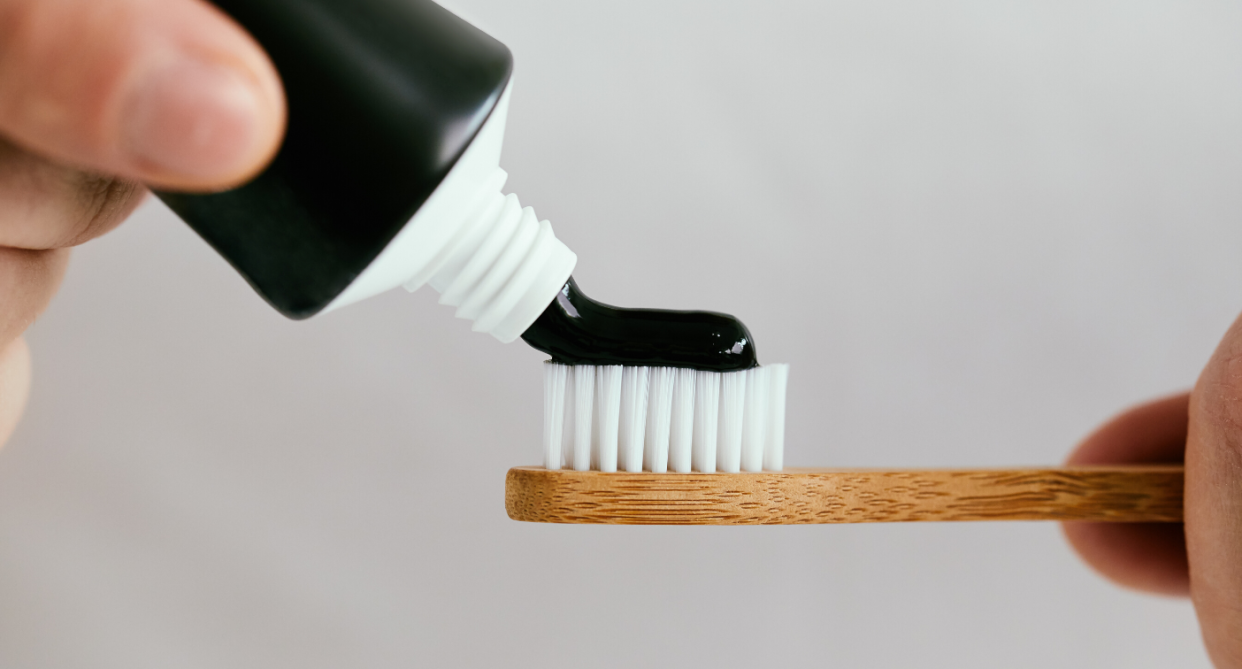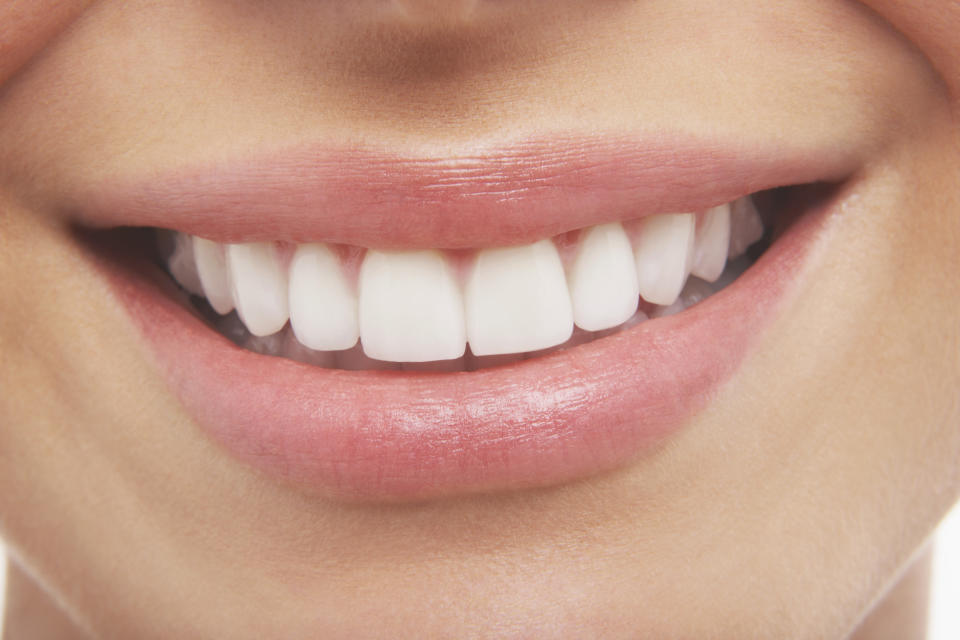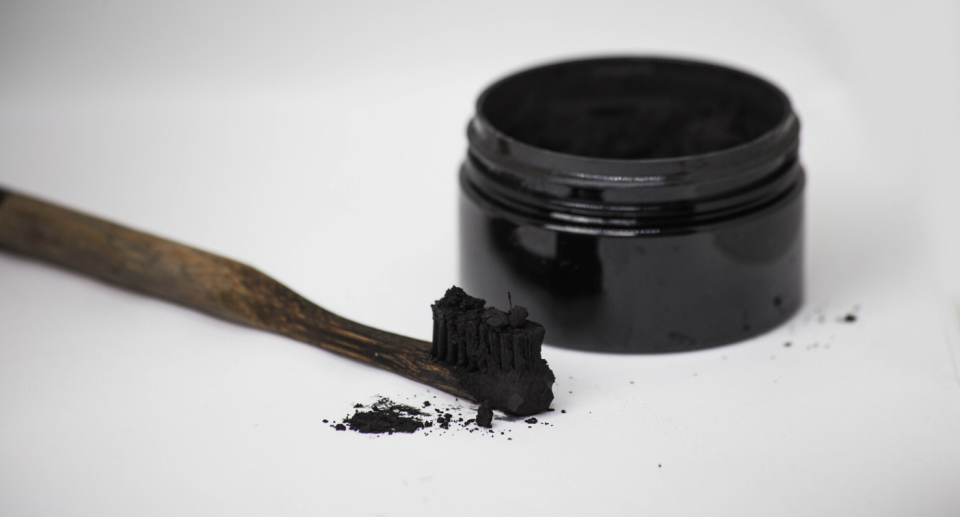#TrendOnTrial: What is charcoal toothpaste and will it actually whiten your teeth?

Yahoo Lifestyle Canada is committed to finding you the best products at the best prices. We may receive a share from purchases made via links on this page.
Looking for gifts ideas, deals and shopping hacks? Check out Yahoo Canada's holiday page.

Now that CBD is slowly kicking activated charcoal out of the skincare spotlight, this known detoxifier seems to be making a new mark in oral care. While Kendall Jenner takes the credit for bringing this trend back to life with her vegan oral hygiene brand Moon, better-known authorities like Colgate and Crest have also hopped on the charcoal bandwagon claiming its teeth-whitening properties. With the idea of it being a more affordable and easier alternative to strips and professional laser teeth whitening, many people are finding that charcoal-infused oral care is worth a shot. But does it actually work?

After using Amazon’s Aimnaturals Charcoal Powder for a little over a month, I can honestly say I’ve noticed a drastic difference. After the first use, I saw instant results — the black, tasteless powder left my mouth feeling magically clean and my teeth drastically white.
Made 100 per cent natural with coconut charcoal powder and free from artificial flavours and peroxides, its said regular use of this powder will result in the lifting of stains caused by coffee, tea, wine, smoking in addition to other benefits like healthier gums and eliminating bad breath. But with that said, this shouldn’t replace your everyday toothpaste.
Aimnaturals Best Canadian Natural Teeth Whitening Activated Charcoal Powder In Bulk

Shop it: Amazon, $14 (originally $20)
According to Dr. Andrea Gelinas of Gelinas Dental Studio, there isn’t enough evidence to prove charcoal’s huge teeth-whitening and cleansing claims.
“There are currently no studies to prove they work one way or another, but the most important element is knowing what negative effects they could potentially have and then decide if you feel comfortable moving forward using them,” she says. “Ultimately, doing your due diligence is most important. Choosing the right product for you means consulting with a professional about which products are best suited for your specific needs.”
Like charcoal in facial cleanser and scrubs, charcoal in oral care isn’t necessarily one-size-fits-all. According to the Colgate website, shoppers should be aware that not all of these kinds of toothpaste and products contain fluoride, proven agent to strengthen enamel.
“Since most dentists want their patients to use fluoride in some form, your dentist may recommend a fluoride rinse,” she explains. “So if you’re prone to tooth decay and sensitivity, it’s recommend space out regular use.”

After the first week trial of using the charcoal powder nightly, while my teeth were about a shade or two whiter, I did notice discolouration and irregular rough spots on my top front teeth.
“Some of the potential side effects of charcoal toothpaste have been staining on irregular surfaces of the teeth including areas around bonding, fillings, veneers and natural rough spots on the enamel,” says Gelinas.
And because I like the formula so much, I’ve been using to use it every other two nights (not in the morning because it is prone to staining the gums.. and your sink).
So what is the best and safest way to whiten your teeth? Gelinas suggests whatever guidance of a dental professional.
“Not all patients present the same clinically and therefore not all treatment recommendations are created equal,” she cautions. “I think patients should proceed with caution when trying products they find online that have unsubstantiated clinical claims.”
Let us know what you think by commenting below and tweeting @YahooStyleCA! Follow us on Twitter and Instagram.


